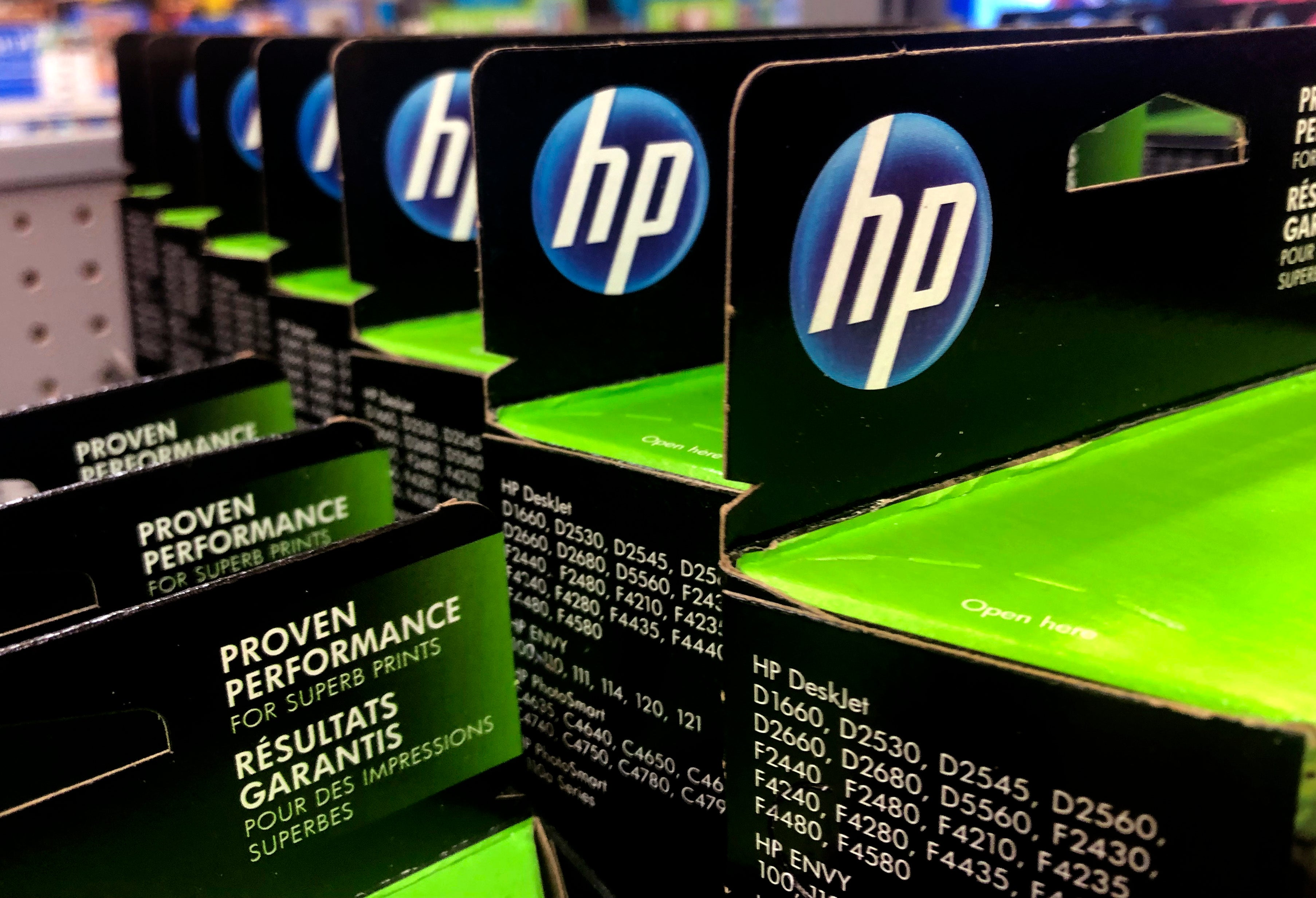HP fails to derail claims that it bricks scanners on multifunction printers when ink runs low
HP Inc. has failed to shunt aside claims in a lawsuit that it disables scanners and other functions on its multifunction printers whenever the ink runs low

Your support helps us to tell the story
From reproductive rights to climate change to Big Tech, The Independent is on the ground when the story is developing. Whether it's investigating the financials of Elon Musk's pro-Trump PAC or producing our latest documentary, 'The A Word', which shines a light on the American women fighting for reproductive rights, we know how important it is to parse out the facts from the messaging.
At such a critical moment in US history, we need reporters on the ground. Your donation allows us to keep sending journalists to speak to both sides of the story.
The Independent is trusted by Americans across the entire political spectrum. And unlike many other quality news outlets, we choose not to lock Americans out of our reporting and analysis with paywalls. We believe quality journalism should be available to everyone, paid for by those who can afford it.
Your support makes all the difference.HP has failed to shunt aside class-action legal claims that it disables the scanners on its multifunction printers when their ink runs low. Though not for lack of trying.
On Aug. 10, a federal judge ruled that HP Inc. must face a class-action lawsuit claiming that the company designs its “all-in-one” inkjet printers to disable scanning and faxing functions whenever a single printer ink cartridge runs low. The company had sought — for the second time — to dismiss the lawsuit on technical legal grounds.
“It is well-documented that ink is not required in order to scan or to fax a document, and it is certainly possible to manufacture an all-in-one printer that scans or faxes when the device is out of ink,” the plaintiffs wrote in their complaint. “Indeed, HP designs its all-in-one printer products so they will not work without ink. Yet HP does not disclose this fact to consumers.”
The lawsuit charges that HP deliberately withholds this information from consumers to boost profits from the sale of expensive ink cartridges.
Color printers require four ink cartridges -- one black and a set of three cartridges in cyan, magenta and yellow for producing colors. Some will also refuse to print if one of the color cartridges is low, even in black-and-white mode.
HP declined to comment on the issue, citing the pending litigation. The company’s court filings in the case have generally not addressed the substance of the plaintiff’s allegations.
In early 2022, U.S. District Judge Beth Labson Freeman dismissed the complaint on legal grounds but did not address the lawsuit's claims. The judge allowed the plaintiffs to amend their claim and resubmit it. On Aug. 10, the judge largely rejected HP's request to dismiss the revised complaint, allowing the case to proceed.
All-in-one inkjet printers generally seem like a bargain compared to the cost of separate devices with scanning, copying and fax functions. For instance, HP currently sells its all-in-one OfficeJet Pro 8034e online for just $159. But its least expensive standalone scanner, the ScanJet Pro s2, lists for $369 — more than twice the cost of the multifunction printer.
Of course, only one of these devices requires printer ink. “Printer ink is wildly expensive,” Consumer Reports states in its current printer buying guide, noting that consumer ink costs can easily run more than $70 a year.
Worse, a significant amount of printer ink is never actually used to print documents because it's consumed by inkjet printer maintenance cycles. In 2018, Consumer Reports tested of hundreds of all in one inkjet printers and found that with intermittent printer use, many models delivered less than half of their ink to printed documents. A few managed no more than 20% to 30%.
HP isn't alone in facing such legal complaints. A different set of plaintiffs sued the U.S. unit of printer and camera maker Canon Inc. in 2021 for similarly handicapping its all-in-one printers without disclosure. The parties settled that case in late 2022.